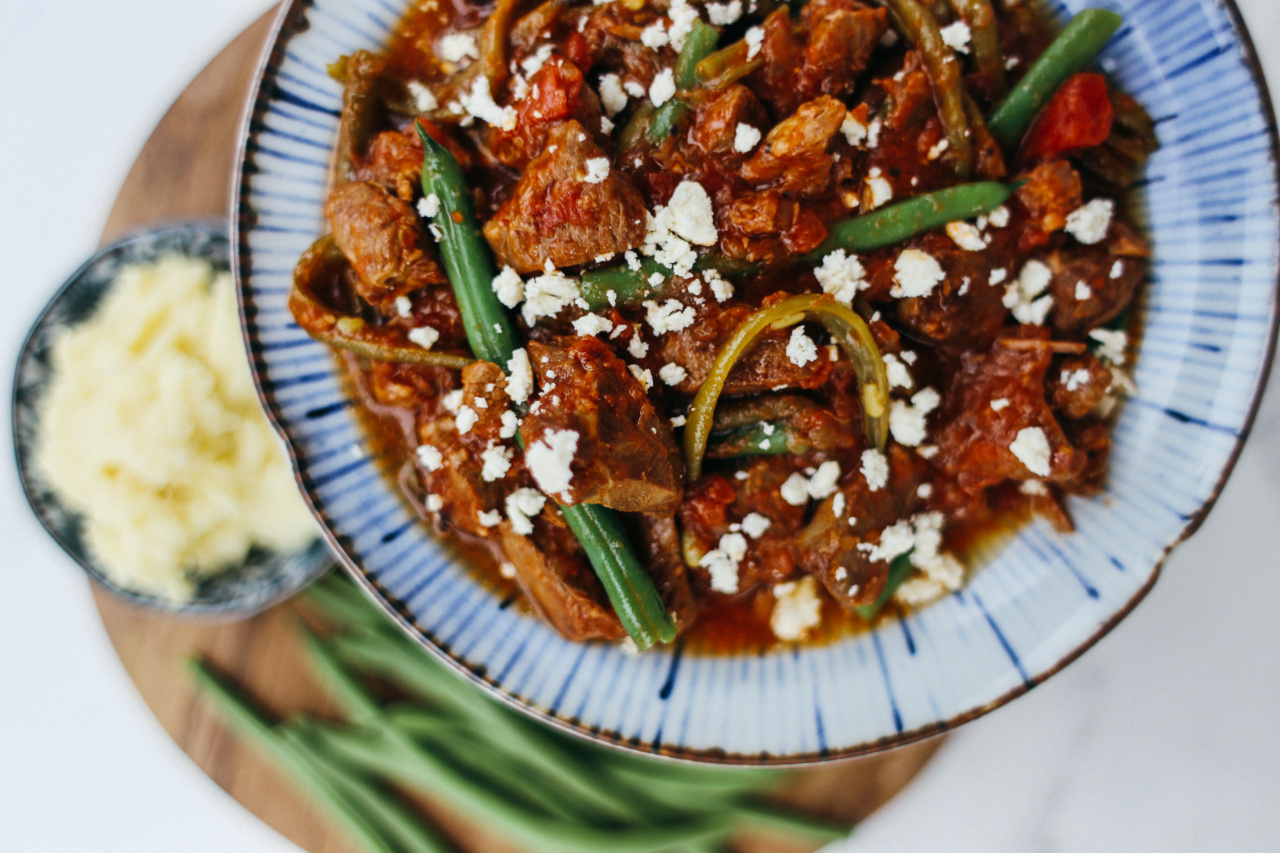Inflammation is a natural response by the body’s immune system to protect against harmful stimuli, such as bacteria, viruses, and injuries. It is a vital process for healing wounds and fighting off infections.
However, when inflammation becomes chronic, it can lead to a range of health issues, including autoimmune diseases, heart disease, and cancer. Fortunately, one effective way to combat chronic inflammation is through a food-based approach. In this guide, we will explore various foods that have anti-inflammatory properties and promote healing within the body.
The Anti-Inflammatory Power of Fruits and Vegetables
Fruits and vegetables are rich in antioxidants, vitamins, and minerals that help reduce inflammation. They contain phytochemicals, which are natural compounds that offer various health benefits.
Some examples of anti-inflammatory fruits and vegetables include:.
Berries
Blueberries, strawberries, raspberries, and blackberries are packed with antioxidants that combat inflammation. They are also high in fiber, which promotes a healthy digestive system.
Leafy Greens
Spinach, kale, Swiss chard, and other leafy greens are excellent sources of vitamins A, C, and K. They also contain minerals such as calcium and iron, which aid in reducing inflammation.
Turmeric
Turmeric is a spice widely used in Indian cuisine and is known for its anti-inflammatory properties. It contains curcumin, which has been found to have similar effects to non-steroidal anti-inflammatory drugs (NSAIDs) but without the side effects.
Ginger
Ginger has been used for centuries to alleviate various ailments, including inflammation. It contains gingerol, a substance known for its anti-inflammatory and antioxidant effects.
Incorporating fresh ginger into meals or consuming ginger tea can be beneficial.
Omega-3 Fatty Acids: The Good Fat
Omega-3 fatty acids are essential fats that are crucial for our overall health, including reducing inflammation. They can be found in fatty fish like salmon, mackerel, and sardines.
These fatty acids help regulate the body’s immune response and prevent excessive inflammation.
Nuts and Seeds
Almonds, walnuts, flaxseeds, and chia seeds are packed with omega-3 fatty acids and other nutrients. Including these in your diet can help reduce inflammation and improve overall health.
Spices with Healing Powers
Aside from turmeric and ginger, several other spices have powerful anti-inflammatory properties:.
Cinnamon
Cinnamon not only adds flavor to dishes but also helps lower inflammation and blood sugar levels. It contains antioxidants that protect the body from oxidative stress.
Cayenne Pepper
Cayenne pepper contains capsaicin, a compound that provides its spicy kick. Capsaicin has anti-inflammatory effects and can help relieve pain associated with inflammation.
Garlic
Garlic is not only a delicious addition to meals but also provides various health benefits. It contains sulfur compounds that have anti-inflammatory properties and supports the immune system.
Healthy Fats for Inflammation Reduction
While it’s essential to limit unhealthy trans fats and saturated fats, incorporating healthy fats in your diet can help reduce inflammation:.
Olive Oil
Olive oil is rich in monounsaturated fats and polyphenols, both of which have anti-inflammatory properties. It is an excellent choice for cooking and dressing salads.
Avocado
Avocados are not only creamy and delicious but also packed with monounsaturated fats and antioxidants. They can help lower inflammation and provide a range of other health benefits.
Conclusion
Incorporating anti-inflammatory foods into your diet can provide significant benefits and help reduce chronic inflammation. Focusing on fruits, vegetables, herbs, spices, and healthy fats can support your body’s healing process.
Remember to consult with a healthcare professional or nutritionist for personalized advice and to ensure you’re making the most of these food-based healing properties.






























